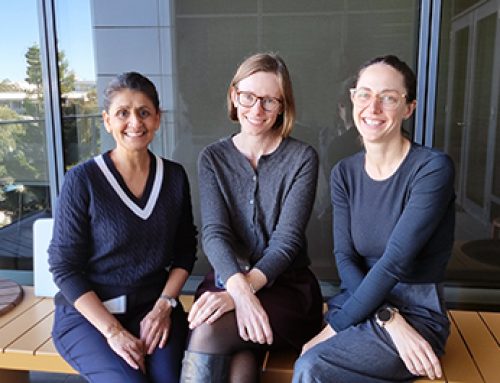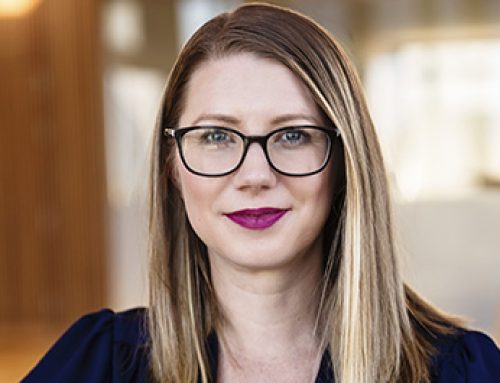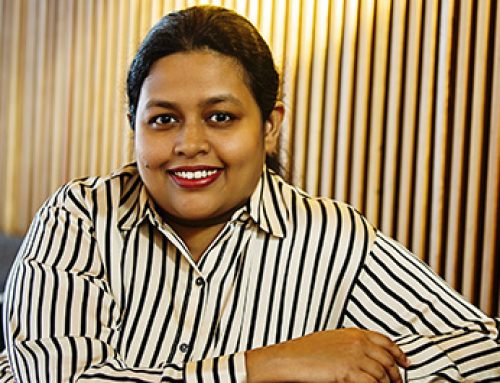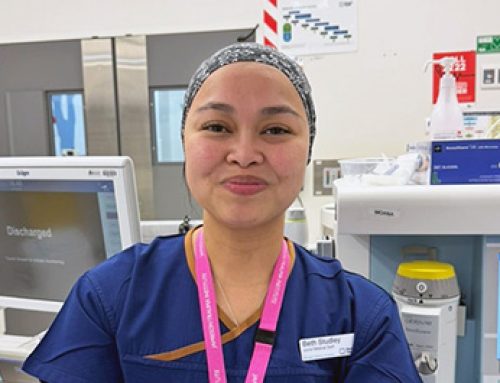What is the AIMOS conference?
By the AIMOS conference committee
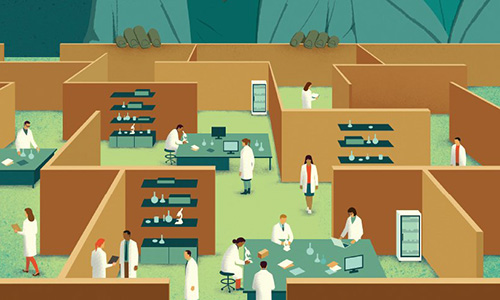
A cover of Science from 2018 shows two giant scientists peering down on other scientists at work. It is a great image to describe metascience, also known as meta-research or the science of science. This is the growing field of scientifically studying science, with the aim of understanding why it sometimes fails and how we can make it better.
At AIMOS (Association for Interdisciplinary Meta-Research and Open Science) we are the giant scientists peering down on our colleagues. To dispel any illusion of superiority, we are all also typical scientists running our regular studies. What makes an academic join AIMOS is that at some point in their career they found something wrong with typical practice and started asking questions to which they got an unsatisfactory answer such as, we’ve always done it that way.
One thing wrong with the Science cover is that it is not just scientists that are meta-scientists. Indeed, the word “science” in this context is its original meaning from the Latin “scienta” meaning knowledge. AIMOS reflects this, with many members in the humanities, including history and philosophy. If you want to know why we’ve always done it that way then the history of science is the place to go. We are an incredibly multi-disciplinary field, with academics from medicine, statistics, economics, psychology, ecology, history, philosophy, computer science and more.
We recognise that typical scientific practice is not always best and we like to shake things up. A great example is our annual AIMOS conference, which this year is in Brisbane from 21 to 23 November. A standard academic conference has speakers and posters, but we allow researchers to propose workshops, hackathons, and discussion groups. It is also incredibly cheap. When was the last time you saw a premium-quality academic conference that was just $80?
Our conference program features three fantastic plenary speakers who will talk about misinformation, bad statistics, and undead theories? which are scientific ideas that have remained popular for years, but are based on shaky evidence. We also have a workshop by Eugenie Reich that will cover how to raise concerns about flawed and fraudulent research and the costs of consequences of taking action. This is a must attend for anyone following the recent sad chain of events involving Data Colada or anyone considering how to blow the whistle on bad science.
If you’ve ever wondered why science is always done that way, then join us at AIMOS 2023. We can guarantee you will learn a lot about the workings of science and how we can all improve it.



